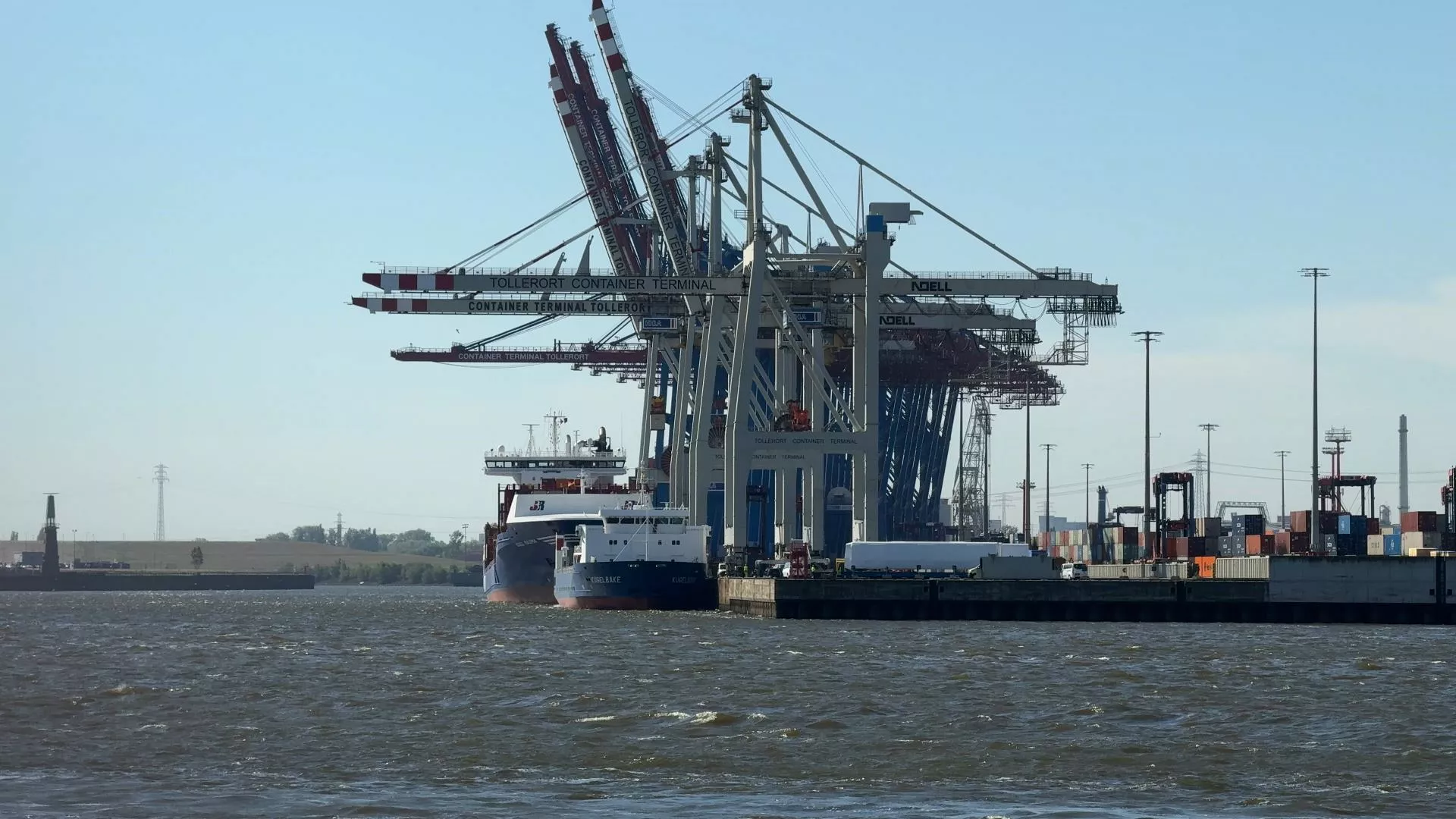After the news that Europe’s largest car producer VW may close two plants, experts are sounding the alarm that the downsizing of manufacturing isn’t just limited to the car industry. The German Institute for Economic Research (DIW) says companies need to evolve.
As European car companies grapple with the phasing out of combustion engines and the transition to electric vehicles by 2035, experts warn that thousands of jobs may be at risk across various sectors in the coming years.
Marcel Fratzscher, President of the German Institute for Economic Research (DIW), points out that Germany’s economy is heavily reliant on exports and industry. However, in the midst of the energy transition, many companies, including major players like Volkswagen, have “missed the mark” on transformation and have consequently “fallen behind.”
“It’s not just the automotive sector,” Fratzscher explained to Euronews. “The machinery, pharmaceutical, and chemical industries are also facing significant challenges.”
BASF, the world’s largest chemical producer with its headquarters in Germany, is contemplating relocating parts of its workforce to Asia and reducing jobs in Germany. This is in response to soaring energy costs exacerbated by the ongoing conflict in Ukraine and the burdensome bureaucracy in Germany.
Has Germany Lost Its Competitive Edge?
Asia’s economic surge is impacting global markets, and German companies are increasingly shifting production to regions like China and India. This trend is likely to continue, according to Fratzscher.
With China boosting its own companies through subsidies and reducing competition, it’s becoming increasingly difficult for German firms to compete, particularly given the high energy and labor costs in Europe.
What Lies Ahead for the German Economy?
DIW predicts a “stagnation of the German economy this year, followed by a gradual recovery in the years to come.” The economy contracted again in the second quarter of 2024, officially placing it in a recession, with industrial production continuing its downward trend.
The automotive industry has been hit particularly hard, with demand for electric vehicles remaining low due to sluggish infrastructure investment.
Despite these challenges, Fratzscher remains optimistic, believing that large German companies have a history of innovation and resilience. “They need to readjust and reform. That’s true for Volkswagen and many other German companies,” he stated.
Can the German Government Intervene?
Fratzscher is skeptical about government intervention to retain workers, arguing that “transformation requires change, and change often means consolidation.” Companies need to downsize to invest in and develop new technologies, he suggested.
He also highlighted that the reluctance to abandon outdated structures is not unique to Germany but is a broader European issue.
Fratzscher emphasized that these economic crises are unlikely to have quick fixes. “It will take resilience and ongoing investment over the next five years. Hopefully, by then, the German economy will manage to navigate this transition.”
As Germany’s economy remains heavily dependent on the automotive industry, these potential mass layoffs could increase public dissatisfaction and strengthen far-right movements, potentially influencing the outcome of next year’s federal elections.



